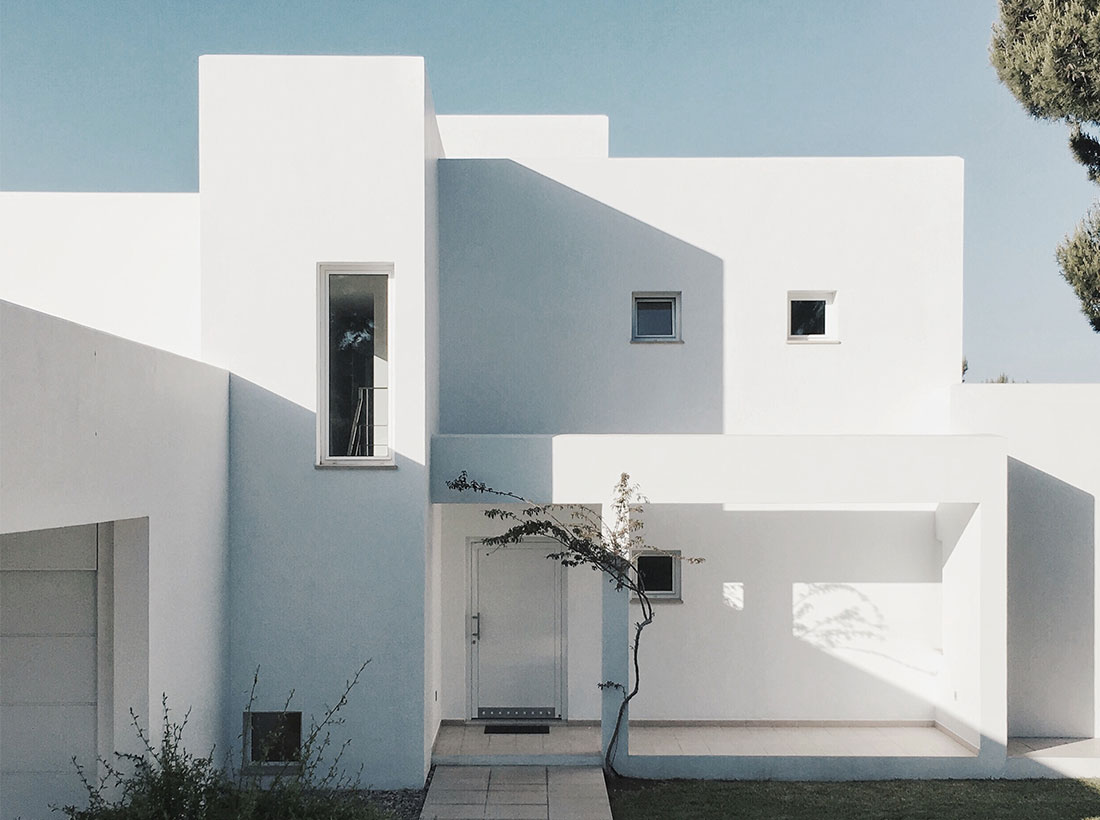
—
Navigating the Approval Requirements for New Builds in Spain
Spain, renowned for its rich history, stunning architecture, and diverse landscapes, has always been an attractive destination for individuals seeking to invest in property or create their dream homes. However, before embarking on the journey of constructing a new building in this picturesque country, it’s crucial to understand the intricate web of approval requirements and regulations governing new builds.
Understanding the Regulatory Landscape
In Spain, the regulatory framework for new constructions is governed at both the national and regional levels. The key legislation includes the Building Act (Ley de Ordenación de la Edificación), which establishes the legal framework for construction, and regional building codes (Código Técnico de la Edificación), which outline specific regulations varying across different autonomous communities.
The Approval Process
The process for obtaining approval for a new build in Spain typically involves several steps:
- Preliminary Studies and Designs: Engaging an architect or technical professional to develop preliminary designs and studies is the initial step. This includes conceptualizing the project, site surveys, and creating architectural plans adhering to local regulations.
- Building Permit (Licencia de Obra): Securing a building permit from the local town hall (Ayuntamiento) or municipal council is essential. This involves submitting detailed architectural plans, project descriptions, and sometimes an environmental impact assessment.
- Technical Project Approval: Once the building permit is granted, the technical project undergoes review by local authorities to ensure compliance with safety, structural, and environmental regulations.
- Inspections and Certifications: Throughout the construction process, inspections by competent authorities may occur to verify compliance. Moreover, obtaining certifications such as the Certificate of Habitability (Cédula de Habitabilidad) is necessary before occupying or selling the property.
Key Considerations and Challenges
Navigating the approval requirements for new builds in Spain poses certain challenges:
- Regional Disparities: Regulations can vary significantly among Spain’s autonomous communities, necessitating a thorough understanding of local building codes.
- Environmental Impact: Environmental considerations are increasingly crucial, requiring adherence to sustainability norms and environmental impact assessments.
- Legal Compliance: Staying abreast of evolving regulations and ensuring compliance with zoning laws, building standards, and safety norms is imperative.
Expert Guidance and Resources
Given the intricacies of Spanish building regulations, seeking professional guidance is highly recommended. Engaging experienced architects, engineers, or legal advisors well-versed in local regulations can streamline the approval process and mitigate potential hurdles.
Furthermore, resources provided by local administrations, including informational guides and online platforms, can offer valuable insights into specific regional requirements.
Conclusion
Embarking on a new construction project in Spain is an exciting venture, but one that demands careful navigation of the country’s approval requirements. Understanding the regulatory landscape, adhering to regional codes, and seeking expert guidance are pivotal in ensuring a smooth and compliant construction process, ultimately resulting in the creation of safe and legally sound buildings that contribute positively to Spain’s architectural tapestry.








